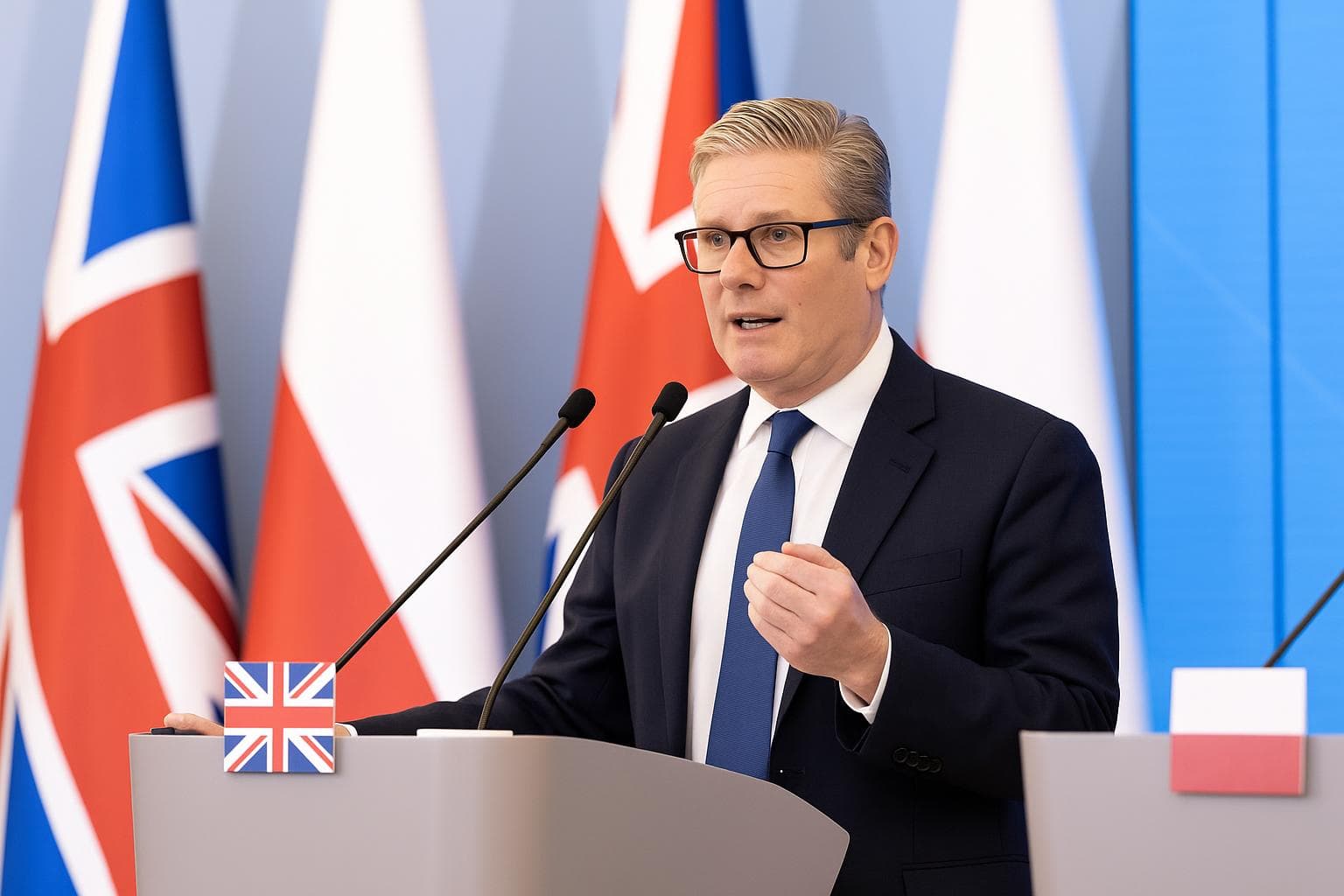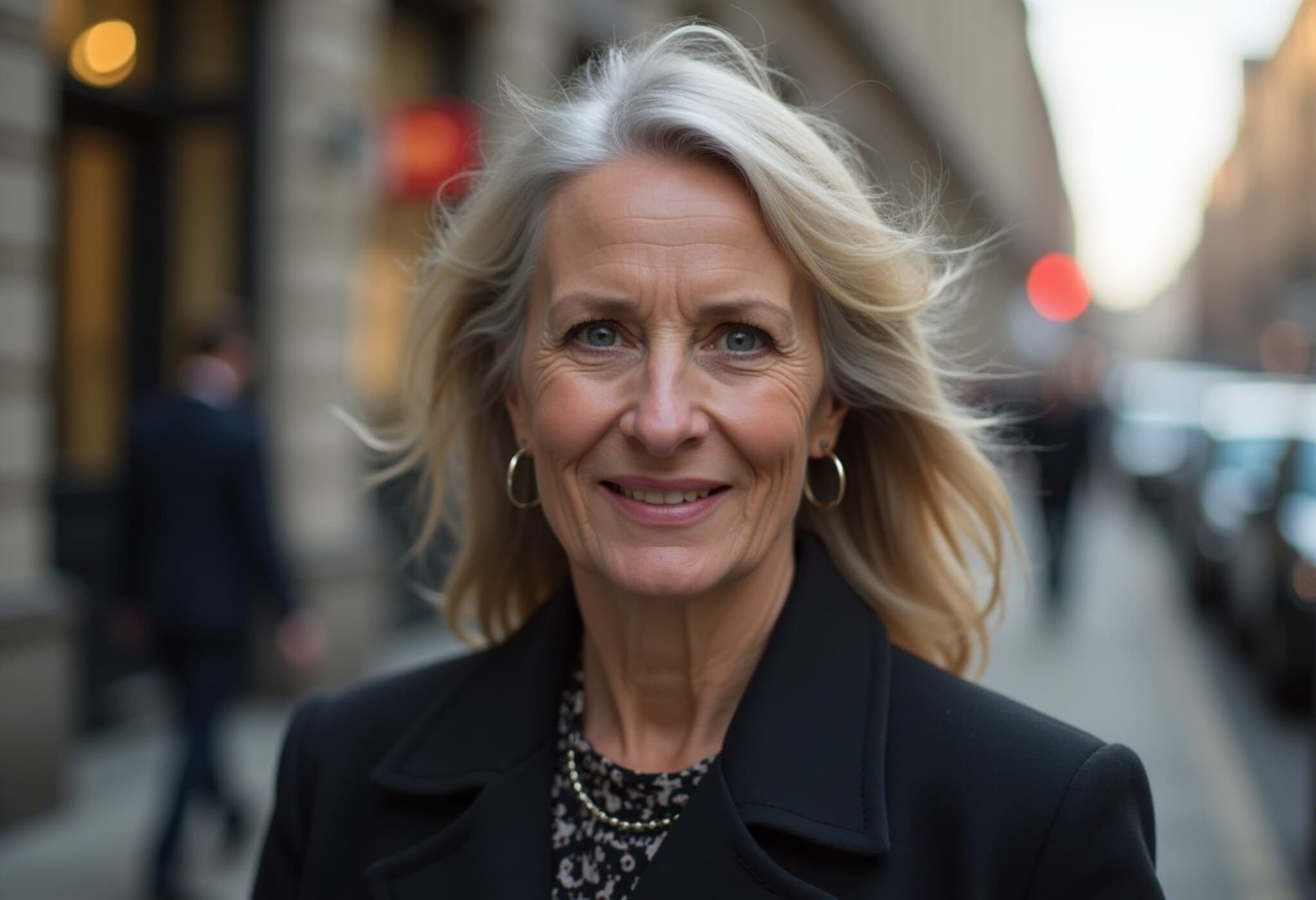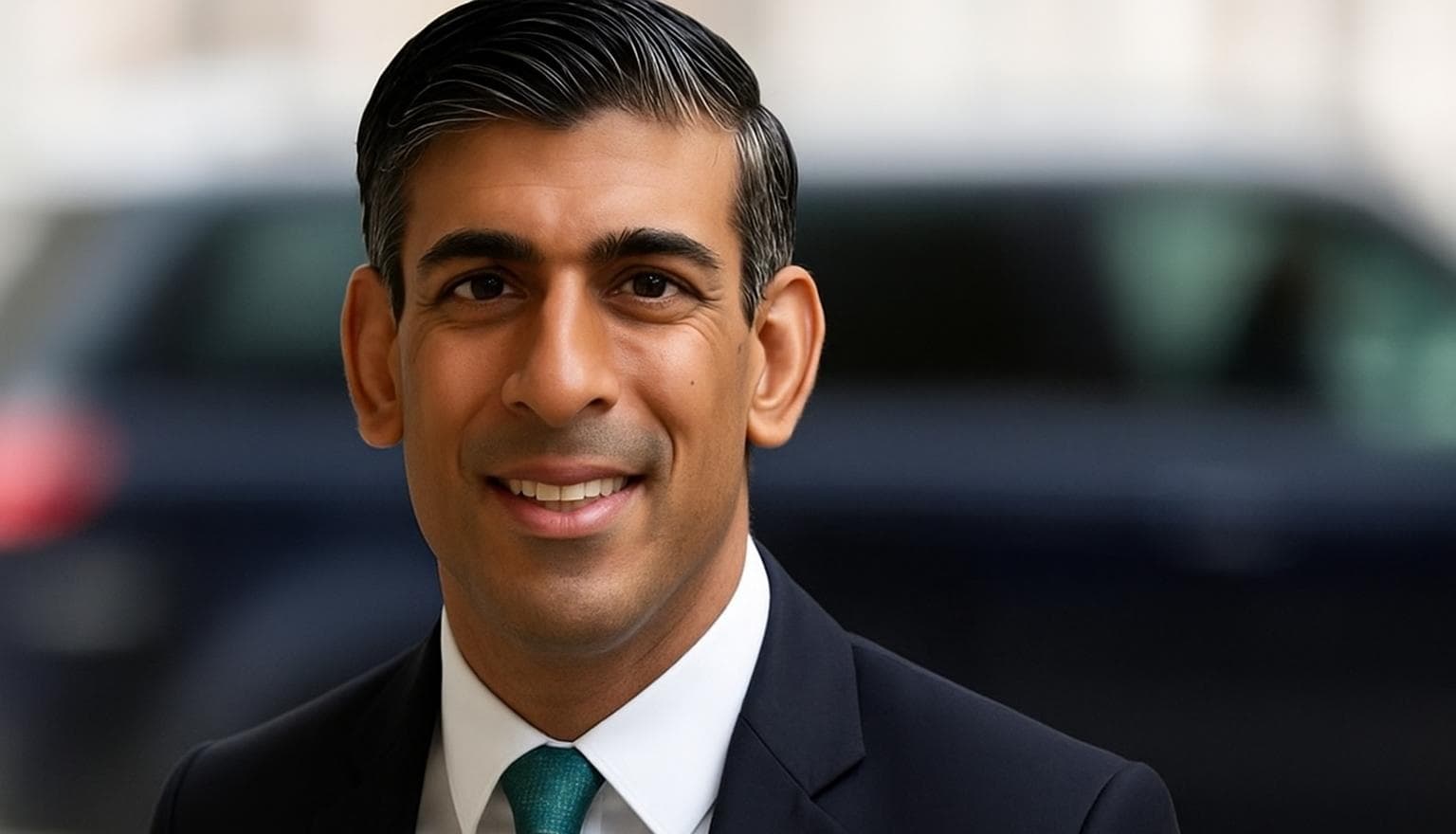Labour Leader Softens Welfare Bill to Avert Parliamentary Defeat
In a crucial move to prevent a damaging defeat in Parliament, the Labour prime minister has proposed significant changes to his controversial welfare reform bill. These concessions come after over 120 Labour MPs rebelled against the government’s initial plans, threatening to block the legislation.
Breaking Down the Welfare Bill Standoff
The bill aims to tighten eligibility criteria for disability and sickness benefits, including personal independence payments (PIP) and elements of universal credit (UC). Government officials argue the reform is necessary to curb soaring welfare costs, projected to rise from £36 billion in 2019 to an anticipated £66 billion by 2029 if left unchecked.
However, many Labour backbenchers have voiced deep concerns over the plan, especially provisions that would require PIP claimants to demonstrate a greater level of daily assistance with activities such as preparing food, communication, and personal care. The backlash intensified after the government’s original proposal to expand cuts narrowly passed a parliamentary amendment aimed at halting the bill.
Starmer’s Concessions: What Has Changed?
- The reforms will now apply only to new claimants, sparing those currently receiving disability payments.
- An increased consultation process will involve disability groups to reconsider criteria changes before further implementation.
- Expansion and acceleration of employment support schemes, with an extra £1 billion allocated this year and several billion more over the parliament’s term.
- Unfreezing the health-related element of universal credit, which had been slated for cuts, protecting claimants with severe long-term conditions from losing nearly £250 by parliament’s end.
These alterations reflect a sharp turnaround from the prime minister’s prior insistence on the bill’s current shape. Sources estimate the adjustments could cost the government upwards of £8 billion across the three-year spending review.
A Fractured Party and a Delicate Balance
The reforms have laid bare tensions within Labour’s parliamentary ranks. While some hardliners urge colleagues to maintain their opposition, more moderate MPs appear inclined to support the revised proposals. Notably, all select committee chairs have now declared backing for the leadership’s approach.
The negotiations, led by senior aides and the deputy prime minister, have underscored the fragile state of party unity. Critics argue miscommunications around the moral rationale of the bill—overshadowed by its projected savings—contributed to eroding trust, particularly between backbenchers and the treasury.
Context and Broader Implications
This welfare overhaul is part of a wider attempt to address a rapidly increasing benefit bill, driven in part by rising claims related to health conditions. The government asserts that without reform, benefit expenditures will become unsustainable.
Yet, this controversy adds to a string of recent reversals by the prime minister, including adjustments on winter fuel payments and other social support measures. Political observers note that while these concessions might regain some support, they could also weaken leadership credibility.
Looking Ahead: The Parliamentary Vote and Beyond
The welfare bill’s second reading vote remains scheduled, with the government expecting to proceed on Tuesday next week. Subsequent stages in the Commons will follow shortly after.
Amid ongoing debate, Labour faces growing pressure to address other welfare-related issues, such as the two-child benefit limit—a reform the prime minister has expressed interest in but which the Treasury currently deems unaffordable, with estimated costs exceeding £3 billion annually.
Conclusion
The prime minister’s recent shift illustrates the delicate balancing act between fiscal responsibility and social equity under intense political scrutiny. As talks continue, his ability to maintain party cohesion and public confidence will be pivotal in shaping the future of the UK’s welfare system.



















